Introduction: Top Pediatric Design Enters a New Era
As the demand for child-centered healthcare rises, 2025 is shaping up to be a pivotal year for pediatric hospital design. Globally, medical architects and healthcare planners are incorporating new evidence-based trends that prioritize healing environments, psychological safety, and operational efficiency. From Kenya to North America and beyond, innovations in pediatric design are influencing how new hospitals are being conceptualized and built.
In this blog, we highlight the top pediatric design trends expected to dominate in 2025 and how the HDL, the best pediatric builder in Kenya, along with international leaders, is integrating these innovations in its projects.
1. Pediatric Design Through Trauma-Informed Spaces
Modern pediatric hospitals are increasingly embracing trauma-informed design to reduce anxiety and improve recovery rates. This includes:
- Rounded edges on furniture
- Soft lighting and acoustics
- Quiet zones for overstimulated children
- Color palettes that promote calm
Global leaders in medical facility construction are reimagining hospital interiors to support emotional healing, especially in vulnerable young patients.
2. Pediatric Design Embraces Biophilic Environments
Biophilic design, the integration of natural elements into architectural planning, is becoming a staple in pediatric care settings. Global studies show that exposure to natural light, greenery, and outdoor views significantly boosts mood and shortens hospital stays.
Incorporating indoor gardens, open-air courtyards, and large windows into pediatric hospitals is now standard among the best hospital construction companies worldwide.
3. Sensory Adaptive Spaces in Pediatric Design
Children with neurodiverse conditions such as autism or sensory processing disorders require more nuanced care environments. Pediatric design trends in 2025 include:
- Adjustable lighting and noise control
- Multi-sensory rooms
- Quiet exam rooms
International and pediatric constructors in Kenya are applying pediatric protocol and global standards to ensure inclusivity and sensory balance in pediatric units.
4. Family-Centered Care Zones in Pediatric
Hospitals are now being designed not just for patients but also for their families. Innovations include:
- Sleeper sofas in patient rooms
- Family lounges and kitchens
- Private consultation areas
These upgrades improve the family’s involvement in the healing process, a hallmark of modern pediatric design principles adopted by the best pediatric builders in Kenya and globally.
5. Research-Ready Infrastructure Supporting Healthcare Design
Pediatric facilities are also becoming hubs for innovation. To support pediatric research projects and pediatric hospitalist QI projects, hospitals need specialized areas like
- Data collection centers
- Simulation labs
- Training halls
Healthcare Designers Ltd., a top construction company in Kenya and abroad, is incorporating modular and adaptive spaces that serve both treatment and research needs.
6. Digital Health Integration in Pediatric
Telemedicine, digital records, and app-based communication are no longer futuristic; they’re essential. Pediatric wings are being equipped with:
- Secure Wi-Fi and data infrastructure
- Telehealth booths
- Digital wayfinding systems
These features enhance workflow, improve patient monitoring, and support seamless communication between families and care teams.
Conclusion: A Global Vision for Child-Focused Healthcare Design
2025 is redefining what it means to build a pediatric hospital. Whether it’s being led by firms in the U.S., Europe, or the HDL, the world is shifting towards child-centric, digitally integrated, research-friendly healthcare environments.
If you’re seeking pediatric constructors in Kenya or international insight into pediatric construction, look for healthcare designers that understand the balance between local protocols and global best practices in pediatric design.

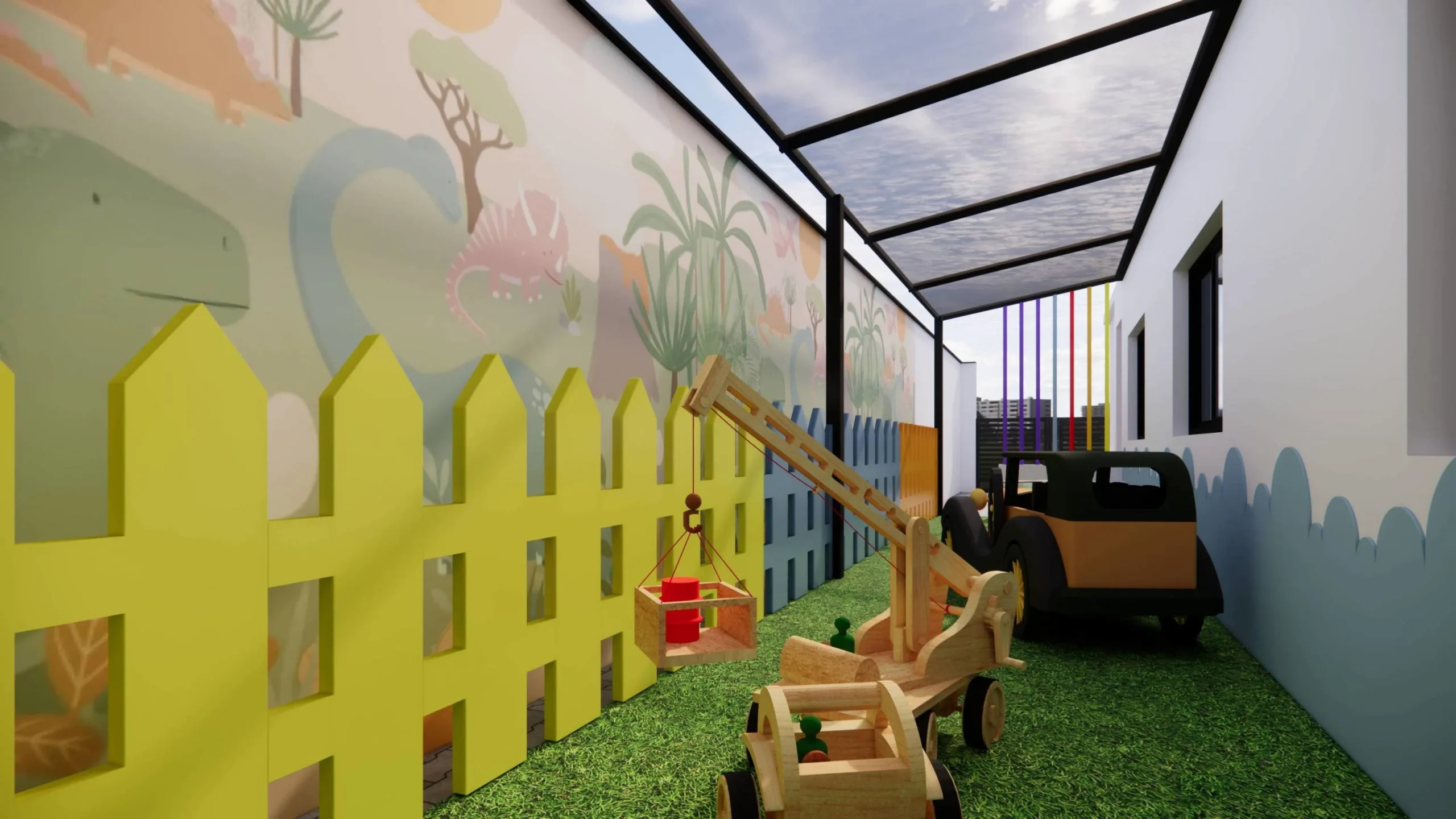
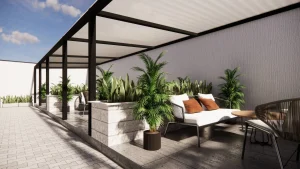
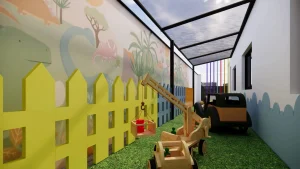
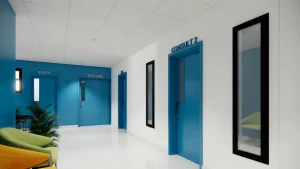
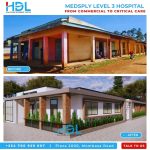

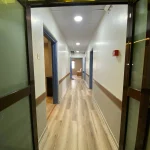
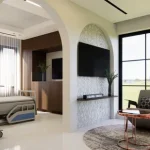

2 Comments
Hi, i think that i saw you visited my weblog thus i came to
“return the favor”.I am trying to find things
to enhance my site!I suppose its ok to use some of your ideas!!
Hi! Thanks for visiting my site – I really appreciate it.
I’m glad you found something useful, and yes, feel free to use any ideas that help you improve your own website. If you ever need tips on SEO, content, or ways to enhance your site further, I’m always happy to help!